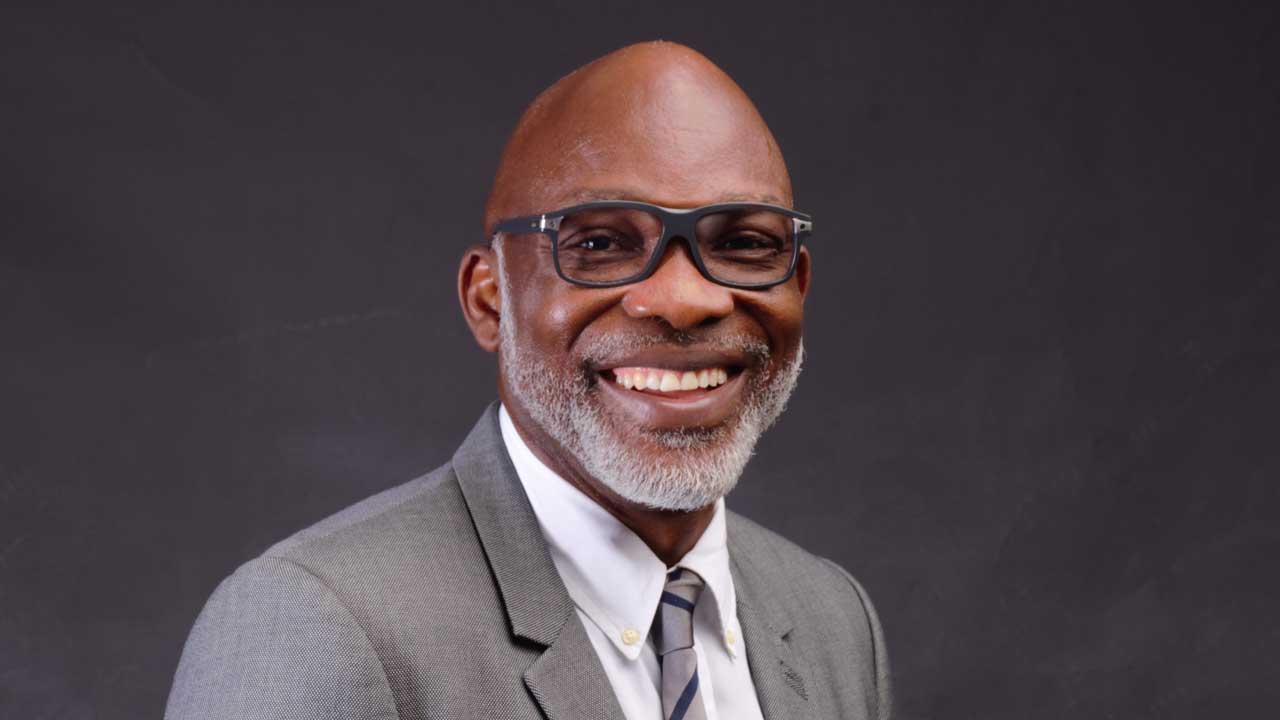Lagos State Governor, Babajide Sanwo-Olu, has stated that under the administration of President Bola Tinubu, no state governor or local government chairman can complain of a lack of funding for project implementation and execution.
According to him, federal allocations to sub-national governments have significantly increased to enable them to meet their developmental needs.
Sanwo-Olu stated this yesterday at a one-day public lecture organised by Arewa Think Tank (ATT) to commemorate Nigeria’s 65th independence anniversary at the Arewa House, Kaduna.
Themed “65th Year of Nigeria’s Independence: The Journey So Far with the Renewed Hope Agenda in View,” the event brought together political leaders, academics, youths, and stakeholders from various sectors to reflect on the country’s progress and prospects under Tinubu’s Renewed Hope Agenda.
In his keynote address, Sanwo-Olu lauded the resilience of Nigerians since independence, acknowledging that while the country has faced several challenges, it has also demonstrated an enduring capacity for growth, reform, and unity.
He said, “Today that story has changed. Ask any state governor or local government chairman, and they will tell you just how much revenue has surged under the watch of President Bola Ahmed Tinubu. There is now more money to do more that benefits the people of Nigeria.”
The governor attributed the improved revenue to deliberate policy reforms initiated by the President, particularly those aimed at strengthening federalism and empowering the state and local governments.
According to him, between 2023 and 2024, federal allocations to state governments increased by about 62 per cent, while allocations to local governments rose by 47 per cent.
He added that the recently enacted tax reforms, which reduced the Federal Government’s share of Value Added Tax (VAT) from 15 per cent to 10 per cent, further demonstrated the President’s commitment to fiscal decentralisation and grassroots development.
Sanwo-Olu also commended Tinubu’s unwavering push for local government financial autonomy, recalling the administration’s victory at the Supreme Court, which secured historic legal backing for that independence.
He said the President’s next major reform focus is restructuring Nigeria’s security architecture through the creation of state police, an initiative he described as “long due and fundamental.”
The Lagos helmsman described the Renewed Hope Agenda as a bridge-building framework, aimed at uniting Nigeria’s diverse regions through equity, reform, and inclusive development.
Drawing inspiration from the leadership ideals of the country’s founding fathers, especially the late Sir Ahmadu Bello, Sanwo-Olu emphasised that true development must be homegrown and specific.
Sanwo-Olu enthused that Nigeria would defeat insecurity and related vices. He also advocated stronger unity, saying Nigerians should be united to surmount other developmental issues.
He said the citizens must adopt a homegrown, local and bottom-up approach in the actualisation of state policing, local government autonomy, presidential legacy infrastructure projects connecting cities and opening up of rural areas, and other demanding issues for the development of the country. He urged leaders to continue learning from the successes and shortcomings of the past.






